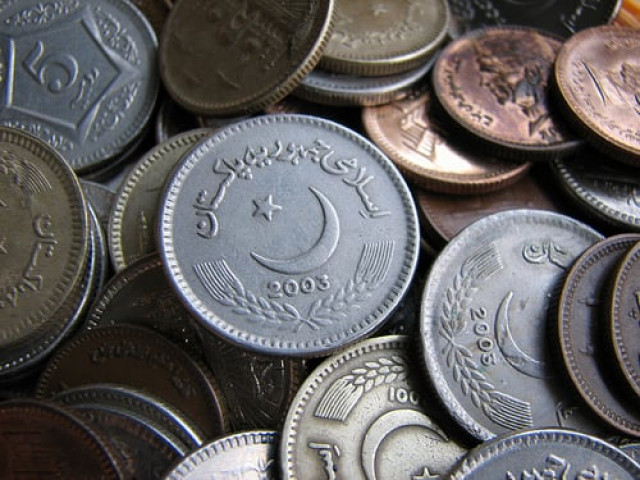Govt to reduce running expenses by 10%
The proposed exercise may reduce the allocation from Rs205 to Rs185 billion.

A move is on the cards to cut non-salaried running expenses of the civilian government by one-tenth as part of austerity measures. Critics, however, have dubbed the exercise “cosmetic”, arguing that economic managers are meddling with figures while compromising on policy matters.
Sources in the finance ministry told The Express Tribune that the government is likely to enforce cuts on petrol entitlements, purchase of stationery and travel allowances during the ongoing fiscal year. The government may save up to Rs20 billion in the initial exercise.
During the current fiscal year the government has earmarked Rs205 billion for its running expenses. The proposed exercise may reduce the allocation to Rs185 billion.
It was unclear whether the government would ask the military to reduce its expenses. Such a move is made less likely by the current risk that some of the estimated revenue receipts may not materialise and the budget deficit may rise beyond the current projection of Rs 850 billion.
On March 15, the government slapped Rs 53 billion of new taxes in addition to introducing expenditure control measures. Last year’s austerity drive did not make any significant impact and the budget deficit gap between national income and expenses widened to Rs 1,314 billion or 6.6 % of the total national output. Blatant cases of violation of the austerity drive did surface, but no action was taken by the authorities.
One of the glaring examples was the expansion and renovation of the housing and works minister’s office despite a ban on spending on such items. Even when the issue was brought to the notice of the finance minister on the eve of budget, no action was taken.
A senior official from the finance ministry, who asked not to be identified, said that the government made savings last year, adding that austerity measures would still be observed. This year there would be a ban on the purchase of new cars and so far permission was granted for the purchase of just four vehicles.
While the Finance Ministry insists that the austerity measures do play some role in ensuring fiscal discipline, critics, some of them occupying senior positions in the finance ministry, say that prudent budgeting itself ensures discipline – and that austerity measures somewhat miss the point.
A government official, who also asked not to be identified, said that Rs20 billion would be a notional saving. “Basically, it’s paper saving and modification of the original budget”, he added.
Another official involved in making the budget said that due to unrealistic allocations the finance ministry consumes most of its time in figure work and spends less time on policy issues. He said cuts in expenditure during the course of the year create operational problems for government ministries and departments.
During the first quarter of the current fiscal year, the finance ministry claimed that it had saved Rs 60 billion out of quarterly allocation of Rs574 billion. Rs25 billion was saved from the public sector development budget, 13 % from quarterly defence allocations, Rs16 billion from subsidies and nine billion rupees from interest payments.
The earlier gains may be lost during the course of the year if the government does not implement more efficient plans in loss-making public sector entities. Delay in power sector reforms is causing losses of Rs22 to Rs30 billion per month – a greater amount than what the finance ministry wants to save through austerity drives during the full fiscal year.
From 2001 to 2005-06 the finance ministry made business plans for Pakistan Railways, Pakistan International Airlines and Pakistan Electric Power Company. However, such plans have been discarded in recent years as these entities have become white elephants.
Last year, Prime Minister Syed Yousaf Raza Gilani constituted a cabinet committee on restructuring these entities. However, none of them have so far been put on the path to reform.
Published in The Express Tribune, October 25th, 2011.



















COMMENTS
Comments are moderated and generally will be posted if they are on-topic and not abusive.
For more information, please see our Comments FAQ